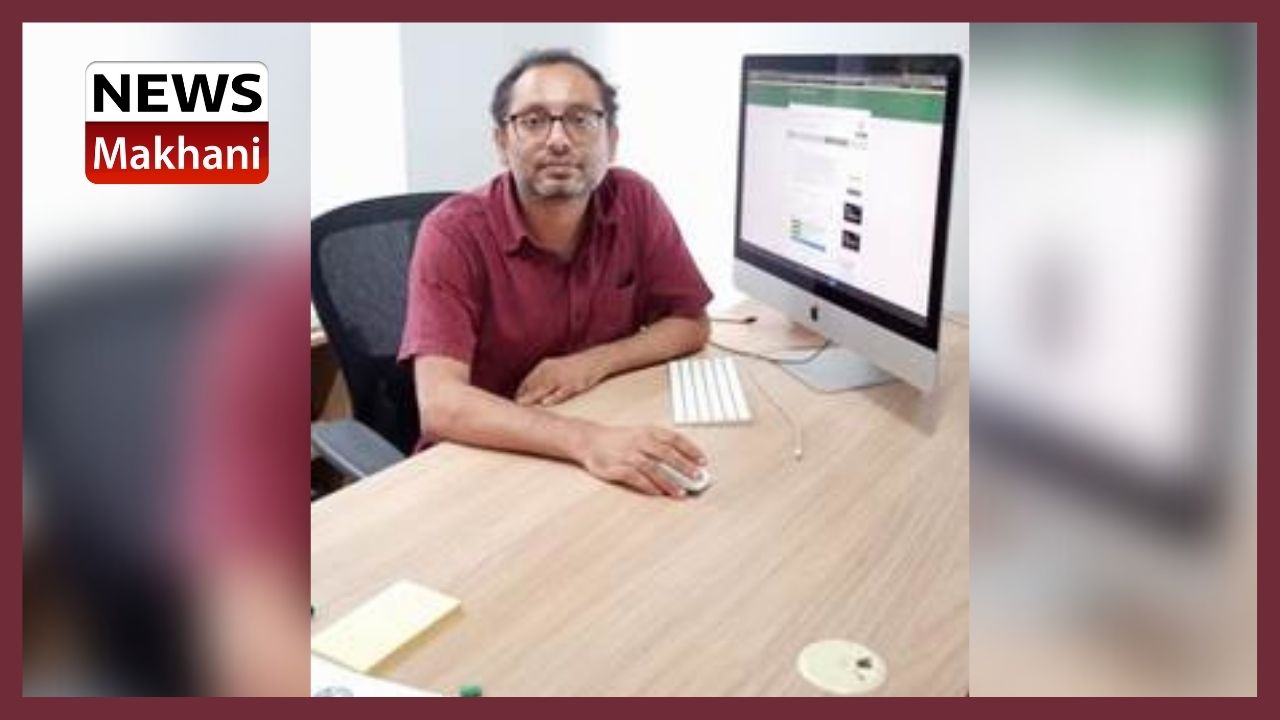
Delhi 11 JAN 2022
Even by the standards of quantum physicists, strange metals are odd. The materials are related to high-temperature superconductors and have surprising connections to the properties of black holes.
READ MORE :-MoHUA organizing 30 events in celebration of Azadi Ka Amrit Mahotsav
Subhro Bhattacharjee, Associate Professor at the International Centre for Theoretical Sciences, Bengaluru and recipient of the Swarnajayanti fellowship 2020-2021, aims to explore this new and uncharted frontier of quantum materials. He is working to provide a generalised paradigm to understand the plethora of novel properties in quantum systems like collective behaviour of the many interacting electrons inside these materials dubbed electronic phases of matter. They give rise to magnets, semiconductors and superconductors, due to subtle interplay of quantum mechanics and interaction between the electrons inside the material.
Very little is known about such phases, even though they form parent phases for some of the most novel and technologically useful forms of quantum matter. Understanding such collective electronic behaviour forms one of the greatest challenges of our times and holds key to future technologies. In spite of its remarkable success, the current theoretical framework to describe collective electronic behaviour of such quantum materials has severe limitations and calls for fundamentally new ideas to capture the above interplay. This understanding is crucial today to harness advanced material properties based on their quantum nature.
Prof. Bhattacharjee’s research helps to provide a generalised paradigm to understanding the plethora of novel electronic properties in such quantum systems. The central question pertains to developing theoretical understanding of hitherto unknown collective electronic behaviour in materials beyond simple magnets, metals/semiconductors and superconductors.
A rather bizarre phenomenon called quantum entanglement has been found to play the central role in stabilising these electronic phases of matter in many candidate materials around us. A remarkably counter-intuitive property of quantum entanglement compared to our everyday experience is its non-local nature. It is this precise aspect that allows for newer collective behaviours to emerge in electrons. The fallouts are astonishing. It can lead to, among other things, technologically important surface metals in otherwise bulk electric insulators or help create quantum analogues of computing bits.
The open frontiers focussing on the true breadth of possible newer “quantum ordered” phases of electrons and their classification, as well as their relevance to the plethora of newer materials, is at heart of Professor Bhattacharjee’s research interests. His work aims at achieving a comprehensive theoretical understanding of the properties of the many-many electrons inside these materials and the new emergent principles that govern their behaviour. His earlier studies published in Physical Review studied various aspects of quantum materials like topological phases of matter and their excitations as well as emergent electromagnetism in granular solids. Collectively, these efforts provide new insights and a step forward towards our understanding of novel basic properties of the nature around us and provide the basis of future technologies.
Research with the support of Swarnajayanti Fellowship instituted by the Department of Science & Technology, Government of India aims to provide a controlled understanding of various aspects of strange metals. According to him, “this research will help to bridge the gap between theory and experiments of these phases and provide key insights into the non-trivial role of quantum mechanics that shapes the correlated behaviour of electrons in these strange metals”, added Prof. Bhattacharjee.

 हिंदी
हिंदी





